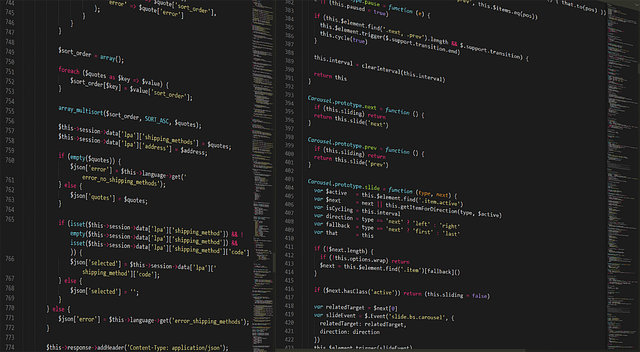Technology Degrees: Programs, Skills, and Career Paths
Technology degrees cover a broad set of academic programs that teach the theory and practice of tools, systems, and methods used in modern information and engineering fields. Ranging from short certificates to doctoral research, these programs combine classroom learning, laboratory work, and project-based experiences to prepare students for roles in software development, systems administration, data analysis, and related occupations. Understanding what different technology degrees include and how they connect to practical skills can help students and professionals plan education pathways that align with career goals.

What is a technology degree?
A technology degree is an academic credential that emphasizes applied knowledge in technical fields. Common levels include associate, bachelor’s, master’s, and doctoral degrees, but many institutions also offer certificates and diplomas focused on specific technologies. Programs often blend foundational theory—such as discrete math or systems theory—with hands-on work like labs, capstone projects, and internships. While a degree in technology can be domain-specific (for example, network engineering or information systems), many programs intentionally develop transferable problem-solving and technical communication skills useful across industries.
How does technology education differ?
Technology education typically focuses on practical, outcome-oriented learning compared with purely theoretical programs. Instruction methods include laboratory exercises, collaborative projects, coding sprints, and practicum placements with local services or industry partners. Accreditation and curriculum standards vary by country and institution; some degrees emphasize preparation for certificated roles (for example, certain networking or security certifications), while others prioritize research and advanced theory. Blended and online delivery models are common, allowing working professionals to balance study with employment while still accessing interactive labs and virtual project platforms.
What computer topics are covered?
Computer-related coursework in technology degrees usually covers core topics such as algorithms, data structures, computer architecture, operating systems, networking, and databases. Many programs also include specialized modules in cybersecurity, artificial intelligence, machine learning, and human-computer interaction. Practical components teach programming in multiple languages, system design, and performance considerations. Students often build portfolios demonstrating completed projects—web applications, embedded systems, or data analysis pipelines—which are important evidence of ability when applying for technical roles.
Which software skills do programs teach?
Software-focused components of technology degrees train students in coding, software design patterns, testing, version control, and deployment practices. Instruction commonly covers lifecycle methodologies such as Agile, toolchains including Git and CI/CD systems, and modern development frameworks for web and mobile applications. Cloud computing platforms, containerization, and API design are increasingly part of core curricula. Beyond technical tools, programs also emphasize collaborative skills: code review, documentation, project management, and accessibility considerations that make software maintainable and usable in professional environments.
How to choose the right degree?
Choosing a degree depends on career goals, learning preferences, and practical constraints like time and finances. Review program curricula to confirm alignment with desired technical topics, check accreditation and employer recognition, and evaluate opportunities for internships, capstone projects, or research. Compare delivery formats—on-campus labs versus online virtual labs—to ensure hands-on experience is adequate. Consider how the program supports skill demonstration, such as portfolio development or industry partnerships, and whether local services or career resources assist with placements. Factor in potential credit transfer, part-time study options, and continuing education paths for upskilling later.
Technology fields evolve rapidly, so a degree is often the start of ongoing professional development rather than a final credential. Portfolios, internships, industry certifications, and practical experience frequently play a central role in job readiness. Prospective students should balance formal education with opportunities to build demonstrable projects and real-world problem-solving experience to complement academic study.
Sources






